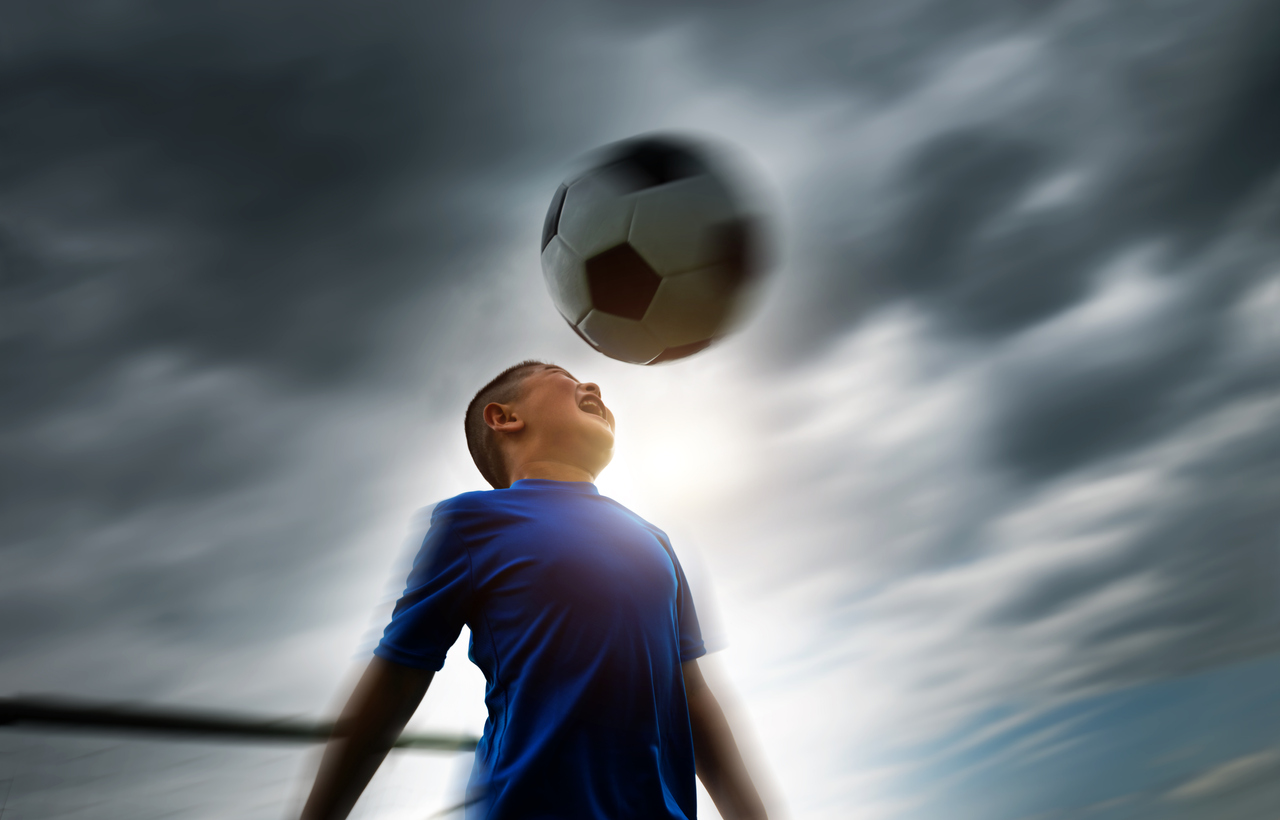
In the dynamic and often high-impact world of sports, concussion management in sports is an important aspect of athlete healthcare. Whether you’re a player on the field, a coach on the sidelines, or a fan in the stands, understanding concussions is necessary for the safety and well-being of athletes. This article aims to shed light on how physicians help manage this injury.
The Role of a Physician in Concussion Management in Sports
Physicians are pivotal in concussion management in sports. This process begins with an initial assessment, where the doctor evaluates the athlete immediately after the incident.
This assessment involves checking for obvious signs of a concussion, like:
- Confusion
- Amnesia
- Loss of consciousness
The physician will also enquire about symptoms such as headache, dizziness, nausea, and sensitivity to light and sound.
The ongoing monitoring process is equally crucial. The physician will keep track of the athlete’s progress, watching for any lingering or worsening symptoms.
Diagnosis Techniques
Diagnosing a concussion requires a combination of approaches. The first step often involves a physical examination, where the physician checks for balance, coordination, and reflexes.
The assessment might also include a detailed neurological exam to evaluate the athlete’s sensory and motor responses.
Cognitive tests are a critical component of the diagnosis. These tests assess the athlete’s memory, concentration, and ability to process information. Some commonly used tools include:
- Immediate Post-Concussion Assessment and Cognitive Testing (ImPACT)
- Standardized Assessment of Concussion (SAC)
Treatment Strategies for Concussions
When it comes to treating concussions, physicians use a multifaceted approach.
Initial Rest and Symptom Management
The cornerstone of concussion treatment is rest immediately following the injury. Athletes are advised to engage in both physical and cognitive rest.
- Physical rest – avoiding all forms of physical exertion
- Cognitive rest – limiting activities that require concentration and mental strain, like reading, computer work, and even watching television
The primary goal during this phase is to alleviate symptoms such as headaches, dizziness, and nausea.
Gradual Return to Activity
As symptoms improve, athletes begin a structured and monitored return to physical and cognitive activities. This process is gradual and tailored to each individual’s recovery pace.
It starts with light physical activities that don’t exacerbate symptoms, gradually increasing in intensity. The same principle applies to cognitive tasks, where the athlete slowly reintroduces mental activities.
Medication and Symptomatic Treatments
In some cases, specific medications are prescribed to manage symptoms.
Pain relievers may be used for headaches, and anti-nausea medication can help with symptoms of dizziness and nausea.
These must be used under the guidance of a physician, as they can mask symptoms that are crucial for monitoring recovery.
Rehabilitation Therapies
For some athletes, rehabilitation therapies play a significant role in their recovery. This can include:
- Physical therapy to address balance and coordination issues
- Vestibular therapy for those experiencing prolonged dizziness
The aim is to help the athlete regain their pre-concussion state of physical health and sporting ability.
Psychological Support
Addressing the mental and emotional impact of a concussion is crucial. Athletes may experience anxiety, depression, or changes in mood post-injury.
Psychotherapy, particularly cognitive behavioral therapy (CBT), can be an effective tool in helping athletes cope with these challenges, ensuring a holistic approach to concussion recovery.
Ongoing Monitoring and Support
Throughout the recovery process, continuous monitoring by healthcare professionals is essential. This includes:
- Regular check-ups to assess symptoms and cognitive function
- Adjusting the treatment plan as needed
Support from coaches, family, and teammates is also vital in ensuring a safe and effective return to sports.
When to Visit a Doctor for a Concussion
Identifying the right time to seek medical attention is crucial in the management of concussions. Here are key instances when visiting a doctor is necessary:
Immediate Symptoms
Seek medical attention if immediately after an injury, you experience:
- Loss of consciousness
- Severe or worsening headache
- Confusion
- Dizziness
- Difficulty remembering events
- Nausea
- Vomiting
- Slurred speech
- Coordination problems
Persistent or Worsening Symptoms
Consult a doctor if headaches, memory or concentration issues, sleep pattern changes, mood fluctuations, sensitivity to light or noise, or blurred vision persist or worsen after the injury.
Athletes in Sports
Athletes should be evaluated by a healthcare professional right after a potential concussion and should not return to play on the same day.
Children’s Symptoms
Children displaying behavioral changes such as irritability, altered sleep or eating patterns, or a loss of interest in activities after a head injury should be seen by a doctor.
Individuals with Pre-Existing Conditions
Those with a history of concussions or neurological disorders should consult a doctor immediately after a head injury.
Uncertainty About Injury Severity
If there’s any doubt about the injury’s severity or the symptoms experienced, it’s advisable to see a healthcare professional for a proper evaluation.
Top Sports Medicine Physician in Austin, TX
The role of a physician is central to diagnosing and treating concussions, but the responsibility extends to everyone involved in sports – from the athletes themselves to the coaches, parents, and support staff. By understanding the causes, symptoms, and treatments of concussions, and by implementing effective prevention and education strategies, we can significantly reduce the risks associated with these sports-related head injuries.
You can trust All-Star Orthopedics of Austin’s Dr. Carolyn M. Hyde if you are searching for the top sports medicine physician in Austin, TX. With us, you get the care you need and deserve. Call (512) 346-4933 today, so we can help you. You can also schedule a consultation with the best sports medicine physician near you using our convenient online appointment request form.
We look forward to serving you!





